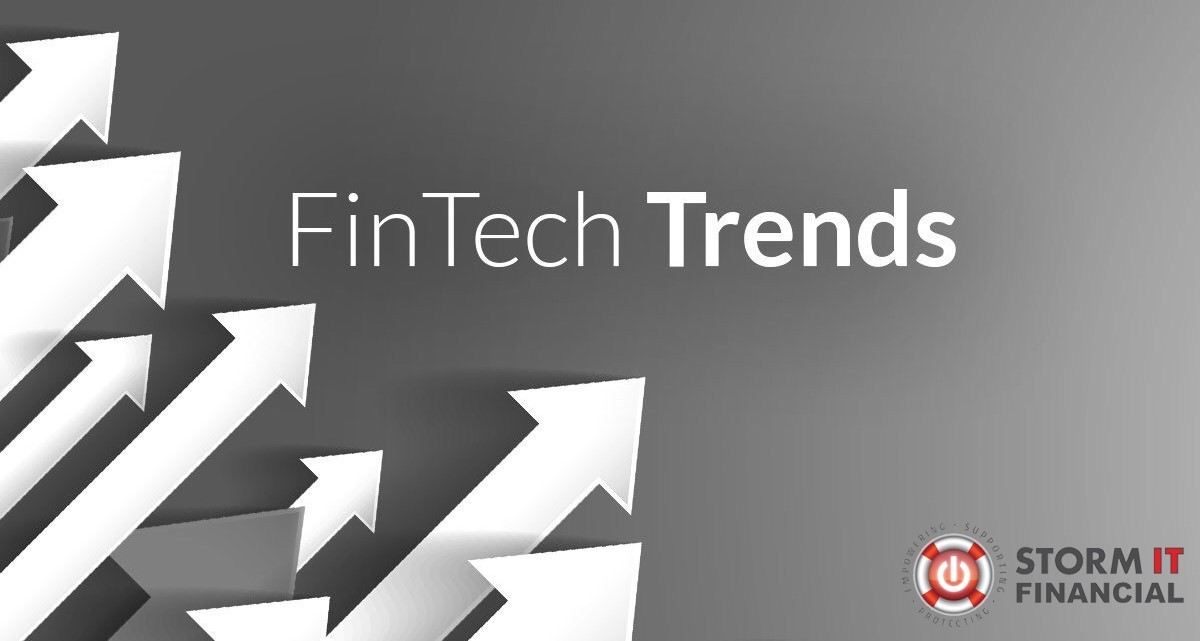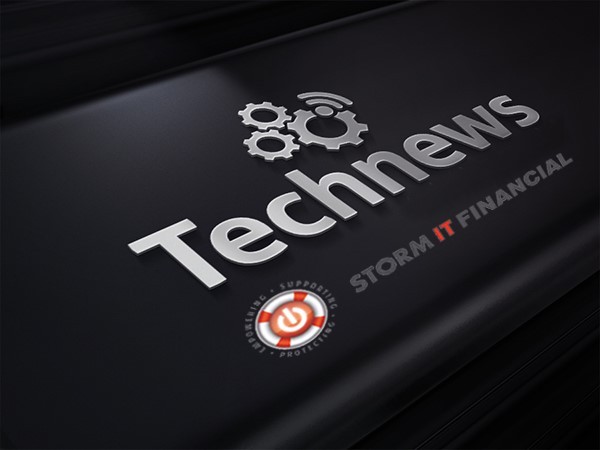FinTech Trends Newsletter Week 19th Feb – 23rd Feb 2018

Public v’s Private Cloud or even Hybrid: What’s the Difference? Understanding your options

Traditionally, an asset manager and fund’s ability to process data has been limited by the amount of computing and storage resources it could acquire. This meant funds often had to make large upfront investments in servers, storage, networks and facilities, with limited flexibility to handle variable needs. Every pound, dollar & euro spent on computing infrastructure meant less was available for the more mission-critical activity – investing. Cloud services are an attractive technology option that should not be overlooked by the asset management and hedge fund market, but as always, education is the key to selecting the right option and service provider.
Private vs. Public Cloud: What’s the Difference? – If you’ve been researching cloud computing, you’re probably well aware of the public vs. private cloud debate. Before you decide which end of the debate you side with, it’s important to know the difference between the two.
Public Cloud – The main differentiator between public and private clouds is that you aren’t responsible for any of the management of a public cloud hosting solution. The cloud resources (like servers and storage) are owned and operated by a third-party cloud service provider and delivered over the Internet. Your data is stored in the provider’s data centre (such as Microsoft Azure) and the provider is responsible for the management and maintenance of the data centre. This type of cloud environment is appealing to many firms because it reduces lead times in testing and deploying new products. Public cloud deployments are frequently used to provide web-based email, online office applications, storage, and testing and development environments. Even though you don’t control the security of a public cloud, all of your data remains separate from others and security breaches of public clouds are rare, if at all, as all are mostly fully ISO and PCI compliant and security, like the military, is paramount. By now, most firms understand the cost benefits of an IaaS provider, like Azure, including a low and predictable cost of ownership and a shift from a capital expenditure to an operating expenditure.
Advantages of public clouds: *Lower costs – no need to purchase hardware or software and you only pay for the service you use and per gigabyte *No maintenance – your service provider provides the maintenance *Near-unlimited scalability – on-demand resources are available to meet your business needs *High reliability – a vast network of servers ensures against failure.
Private Cloud – A private cloud hosting solution, also known as an enterprise cloud, consists of computing resources used exclusively by one firm or organisation. The private cloud can be physically located at your firms on-site data centre, or it can be hosted by a third-party service provider or MSP. But in a private cloud, the services, security and infrastructure are always maintained on a private network and the hardware and software are dedicated solely to your organisation. However, the main drawback people see with a private cloud is that all management, maintenance and updating of data centres is the responsibility of the firm. Over time, it’s expected that the servers will need to be replaced, which can get expensive. On the other hand, private clouds offer an increased level of security and they share very few, if any, resources with other organisations and there for are more expensive to run & maintain.
Advantages of a private cloud: *More flexibility – your organisation can customise its cloud environment to meet specific business needs *Improved security – resources are not shared with others, so higher levels of control and security are possible *High scalability – private clouds still afford the scalability and efficiency of a public cloud albite more expensively.
Hybrid cloud – Often called “the best of both worlds”, hybrid clouds combine on-premises infrastructure, or private clouds, with public clouds so that organisations can reap the advantages of both. In a hybrid cloud, data and applications can move between private and public clouds for greater flexibility and more deployment options. Hybrid clouds combine the advantages of both the public and private cloud models. In a hybrid cloud, a company can leverage third-party cloud providers in either a full or partial manner. This increases the flexibility of computing. The hybrid cloud environment is also capable of providing on-demand, externally-provisioned scalability.
If you want to learn more about what cloud solution that is right for you, contact Storm IT Financial to find out more information on Hedge Fund, Asset Management, Private Equity & Alternative Investment Regulatory & Compliant Solutions, IT helpdesk support, data storage & management, disaster recovery, back up, cybersecurity, hosted & managed solutions and cloud & IT Services.

Storm IT Financial FinTech News & Trends picks: Week 19th Feb – 23rd Feb 2018
Azure Has Edge over AWS Among Cloud Newcomers
A recent report sheds further light on the contest between cloud market leaders Amazon Web Services (AWS) and Microsoft Azure:
https://redmondmag.com/articles/2018/02/20/azure-vs-aws-cloud-newcomers.aspx
UBS’ robo boss on what his tween can teach the industry
A life lesson: robo advisers – unlike humans – have on the whole failed to learn:
Global RegTech investments surpass $1bn in 2017
Last year was a record year for global investments in regulatory technology (“RegTech”), according to research from FinTech Global:
Brevan Howard opens back-office unit to hedge fund rivals
More money managers are looking to cut fixed costs by outsourcing their back-office functions:
https://www.fnlondon.com/articles/brevan-howard-opens-back-office-unit-to-rival-hedge-funds-20180216
Citigroup Chooses London As the Location For Its Newest Fintech Innovation Hub
The tech hub of London has been chosen by Citigroup as the next location in its innovation lab network, generating new jobs in the City:
https://news.finance.co.uk/citigroup-chooses-london-location-newest-fintech-innovation-hub/
Reuters: Banks face “Kodak moment” as fintech disruption builds
Banks are facing seismic changes from the impact of new technology that is likely to see many collapse – akin to the near-death of Kodak from its failure to move with the times, a former boss of Barclays has warned:
MPs to hold bitcoin enquiry
The UK parliament’s Treasury Committee has announced that it will launch an inquiry into digital currencies and blockchain technology:
CBA and ING partner on RegTech pilot
C’m wealth Bank of Australia & ING carry out a RegTech pilot seeing them use AI to process regulatory info:
Alvarez & Marsal & Burnmark RegTech 2018 Report
Alvarez & Marsal and Burnmark publish their report focus on the emerging trends within the RegTech space:
There is a war for elite tech talent raging in Europe
A “Battle Royale” for the very best tech talent is raging across Europe, according to VC firm Atomico Report:
IA develops ‘accelerator’ to support fintech firms in asset management
To boost tech innovation in asset management, The Investment Association develops a ‘fintech accelerator’:
Duff & Phelps: Regulatory Focus Report
A synopsis of the Financial Conduct Authority’s (FCA) latest news and publications issued in Q4 2017:

